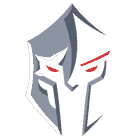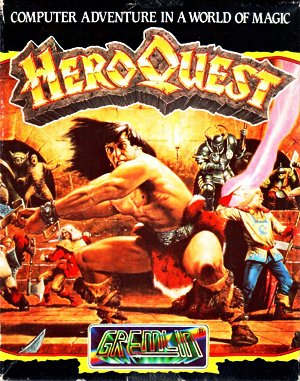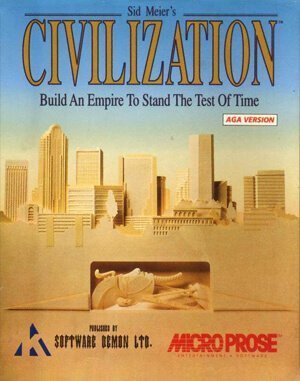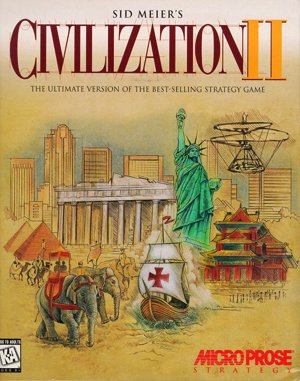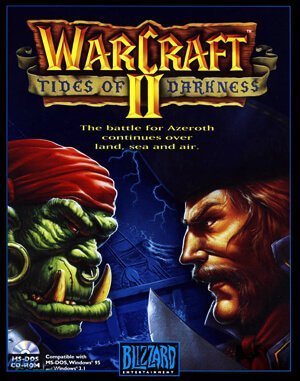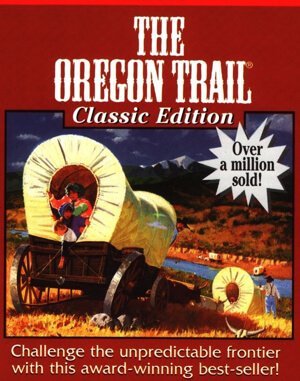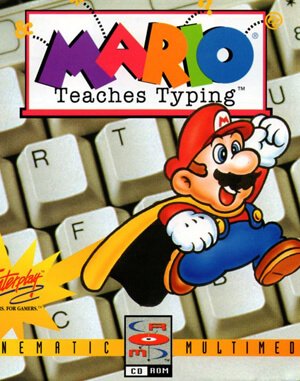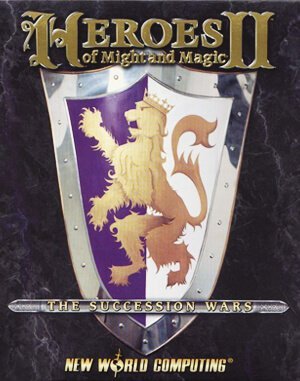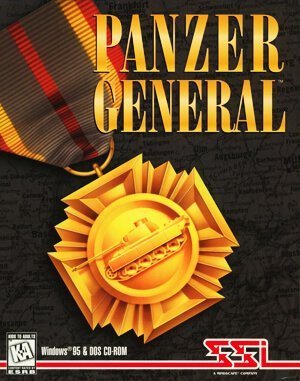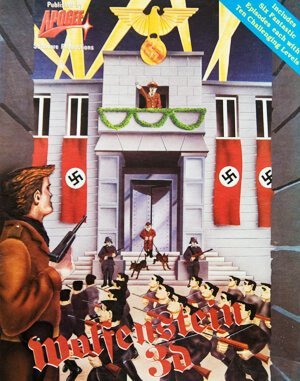HeroQuest
A computer adaptation of the popular dungeon-crawling board game by Games Workshop. It is loosely based on their Warhammer fantasy universe.
- Game developer
- Game publisher
- Game published
- Game theme
Hero Quest, or HeroQuest, is a turn-based fantasy role playing game, based on the popular board game of the same name. Play HeroQuest online!
HeroQuest game description
The game is played from an isometric view. Up to four players choose from four characters: a dwarf, a barbarian, an elf, and a wizard. Each of the characters have their own strengths and weaknesses. The elf and wizard, for example, are the only two classes that can use spells.
While each scenario is built to be a self-contained dungeon that can be defeated by a brand new set of characters, there is an element of persistence. If a character survives their adventure, they can use the money they earned to purchase equipment which increases their odds of survival for the next quest. These include weapons and armor, which makes combat easier to survive, as well as useful items like trap-disposal toolkits that allows players to remove traps that they find. If a character falls during a mission, they need to be “renewed” before they can be selected again, and this process removes all equipment effectively undoing all progress. This is an aspect the game shares with its sister adaptation Space Crusade.
This game and its board game inspiration were the chief reason that the Quest for Glory series of adventure/RPG hybrids had to be renamed from its original working title “Hero Quest”. The “____ Quest” naming format had been a convention followed by most Sierra franchises at the time, such as King’s Quest and Space Quest.
HeroQuest gameplay
There are fourteen levels, or “missions”, and every character rolls to establish move order. Every round the player will have a dice roll which will decide how many move/action points they will get. These points are spent to move, fight monsters, and cast spells.
The player characters can also find potions and treasures around the map which can be traded at the shop after each level. To do this they must “search” the current room at either the start or the end of their turn, and this has an equal chance of spawning enemies and traps as well as producing treasure. Searching for secret doors instead will reveal hidden exits as well as traps.
Combat uses a rudimentary dice system in which both combatants roll special dice to attack and defend, depending on who initiated the encounter. Each skull the attacker rolls is nullified by each shield the defender rolls. If there’s more skulls than shields, the defender takes that many body points: most creatures in the game have only one. If there’s a greater or equal number of shields, or the attacker fails to roll a single skull, then combat concludes with both participants unharmed. On the next action turn, the other participant can then initiate combat and switch roles.
To beat a scenario, the player must locate the exit and leave. They ideally will have completed the objective posited by the mission overview, which can involve assassinating a specific monster, rescuing an NPC or collecting a certain item. By reaching the exit with the main mission completed, they earn a cash reward and the mission is listed as completed on their record. If they survived, the same character can then be used again for subsequent missions. The missions do not have to be completed in a specific order: rather, they’re listed in a loose order based on difficulty.
Play HeroQuest online
You can play HeroQuest online here, in web browser for free!
